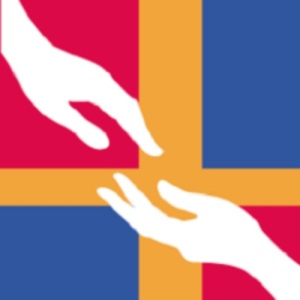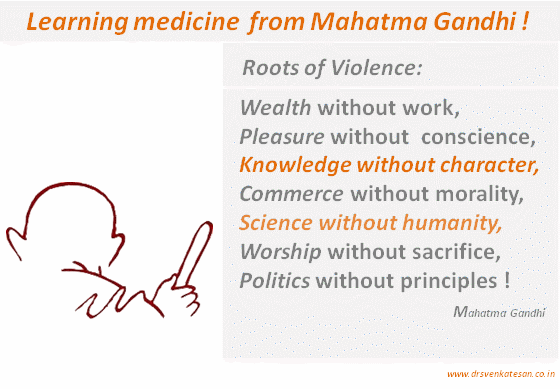The importance of timely intervention in the treatment of strokes cannot be over-emphasised. MIOT International is a leading centre for neurology and neurosciences where expert doctors employ cutting edge technology and procedures to prevent, treat or manage strokes. Learn all about the symptoms, prevention and care of patients who suffer a stroke.

Stroke? What it is?
A stroke is always bad news. It has far-reaching consequences not just for the patient but also for the caregiver. Timely diagnosis and quick treatment are vital as a stroke can leave a patient paralysed and even bedridden for at least some time. However, medical science has made such rapid strides today that treatment and rehabilitation options have vastly improved.
A stroke is caused by an obstruction – within or outside the brain. In order to function properly, your brain needs an uninterrupted supply of oxygen and glucose. Any disruption in this supply
of blood and oxygen to the brain can cause a stroke.
So what causes these obstructions or disruptions?
A stroke can result due to a variety of factors, the most common being uncontrolled hypertension, rampant diabetes, heart and kidney disease, high serum cholesterol, smoking, lack of exercise, obesity, long term use of oral contraceptives, drug abuse. These conditions lead to thrombosis, embolism and haemorrhage.
Thrombosis is a clot that forms in the vein. This is the most common reason for strokes and is caused by arterial plaque, hypertension or diabetes, and can occur in patients suffering from heart disease or disorders.
Embolism is anything that obstructs the free flow of blood through blood vessels. This is another factor that causes strokes. Embolisms are formed when a blood vessel is blocked by a clot, tumour, fat or air.
Haemorrhage or bleeding is the third common cause of strokes and occurs due to very high blood pressure leading to a rupture in the cerebral artery.
The incidence of stroke increases after age 30, but 95% of strokes occurs in people over 45. Men more susceptible to stroke, but women too are at risk due to lifestyle factors.
Strokes are typically of three types:
87% of the strokes people suffer are ischemic strokes, which occur due to an obstruction within a blood vessel that blocks the artery supplying blood to the brain. This is the most common type of stroke.
The second most common type of stroke is called haemorrhagic stroke occurs when a weakened blood vessel ruptures, most commonly caused by very high blood pressure.
The third type of stroke is called Transient Ischemic Attack or TIA. This is a mini-stroke or warning-stroke caused by a temporary blood clot, and should be taken seriously.
Stroke typically presents with:
- loss of sensory and motor function on one side of the body
- blurred vision
- unsteady gait
- slurred speech
- confusion
- sudden, severe headache
Treatment for Stroke
MIOT International offers comprehensive stroke care. It has an excellent Neuro Lab where tests are conducted by experienced electrophysiology technicians. When the stroke patient is brought in, emergency imaging such as CT scan of the brain or an MRI diffusion study or a CT angiography is done and treatment started immediately. Recombinant tissue plasminogen activator (rtPA) is used for patients who have ischemic strokes. If necessary, an emergency thrombectomy too can be done. Recombinant factor VII is given to patients with intracerebral haemorrhages. Endovascular coiling or clipping is done for patients who have subarachnoid haemorrhages with aneurysm.
The Department of Neurology and Neurosciences at MIOT International has a 6-bed, fully-functional, acute stroke / neurology ICU with a dedicated round-the-clock stroke team of neurologists, interventional neuroradiologists, neurosurgeons and critical-care intensivists. The neuro ICU handles all emergencies including ischemic strokes, hemorrhagic strokes, subarachnoid haemorrhage, venous thrombosis, epileptic convulsions and more.



